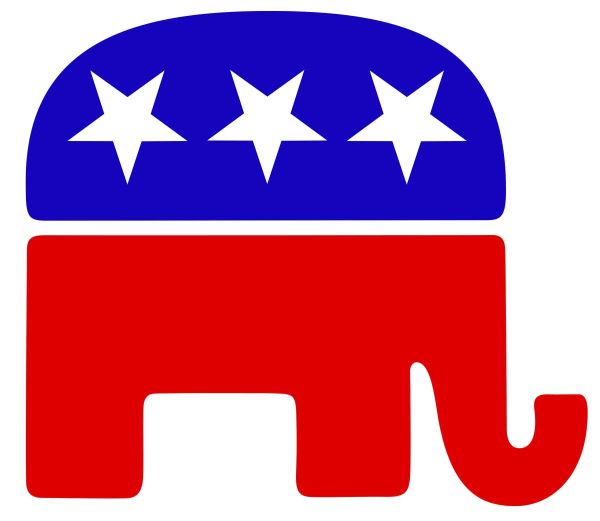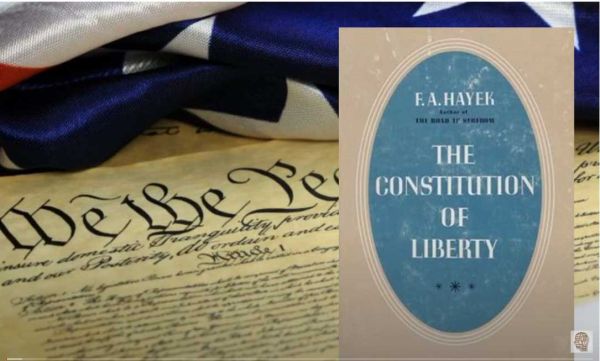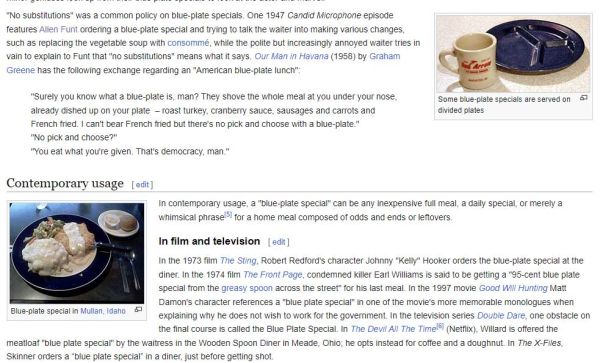Republicans: a New Start
Republicans: a New Start
The Republican Party has a few tasks it needs to undertake. It needs to examine the philosophy it claims to represent and to take stock of its future, and stop thinking in terms of personal rivalries. We have more on the line than just choosing candidates and securing a victory in future elections. The GOP needs to regain a corporate sense-of-self. How can we move forward if we have deep doubts about the game, the rules, and not least the players?
So, let's return to our constitutional inheritance to check our bearings and reconnect—not just with the text of the Constitution, but also with the intentions of the Founding Fathers, the philosophical presumptions that led them to write it, and, lastly, the fantastic success story that has resulted from their efforts.
When the Founding Fathers announced their intention to create their own country, they wanted it to have a new identity. They did not want "office hold-overs" from the British royal administration to influence its creation. They worried that the hold-overs would push endlessly for compromises and slow the movement toward independence.
A British official could join the Founders' effort, but the Founders wanted it to be their own show. They went to war to secure the nation's independence. Their intentionality has convinced me that, if you can build a working system from good ideas, don't compromise them just to win support. I call America's good ideas "The Seven Elements." History has proven that the Founders had the right set of ideas, and that they were worth the effort to bring them into being. Here they are:
- Safe borders;
- Safe streets through police-work;
- A prudent geo-political strategy, also called a "foreign policy";
- Maintain the first three elements through military readiness;
- Entrepreneurship;
- Private investment-capital to finance new industry and innovation;
- Private spaces and private associations;
I understand that no human strategy is perfect. Our nation exists among many nations, where a lot can happen. The many nations create a lot of variables—too many moving parts to demand that it function smoothly all the time. The Seven Elements will show flaws from time to time, but history has proven that the totality creates a strong, prosperous nation.
After the British public elected Margaret Thatcher as new Prime Minister in 1979, she met with her Conservative Party colleagues in a policy-making meeting and recommended Friedrich von Hayek's 1960 book The Constitution of Liberty. When they balked, she slammed the book on the table and shouted "This will be our guide!"
Republicans could do that with Milton Friedman's 1980 book Free to Choose. Most people do not remember Margaret Thatcher slamming The Constitution of Liberty on the table, so Republicans could slam Free to Choose on the policy-making table and let it do the same for us. Friedman's title says it all: create competitive choices. Let money empower the public's freedom to choose.
The Blue-Plate Special in Wikipedia
In a Democrat scheme, you get government services—The Democrat Blue-Plate Special. It's free, so to speak, but you take what you're given, like in any socialistic society—with minimal competition to get in the way. Everyone gets the same, so that no one is envious. Such a plan entails some risk, inasmuch as the government-workers vote for the policies that help them—which means policies that empower the government over the private-sector. The uniformity of a government-centered society means a loss in institutional creativity. The loss of competition means that no one has an incentive to improve anything.
A Republican society uses money to enable choice, regarding schools, health-care, and everything else. Everyone striving to make a profit means that institutional creativity can mean the difference between succeeding and failing. Let personal wealth make the decision to buy a Rolex or a Seiko, a Ford or a Mercedes. Let money guide Republican decision-making.
My father told me once that the goal of running a business is not to make a profit, but to break-even higher and higher. Therefore, people who make lots of money invest it in new enterprises to make more money. You rarely see businessmen flaunt lots of cash. Only actors and rap-musicians do that. In the Republican scheme, real wealth is in private enterprise.




